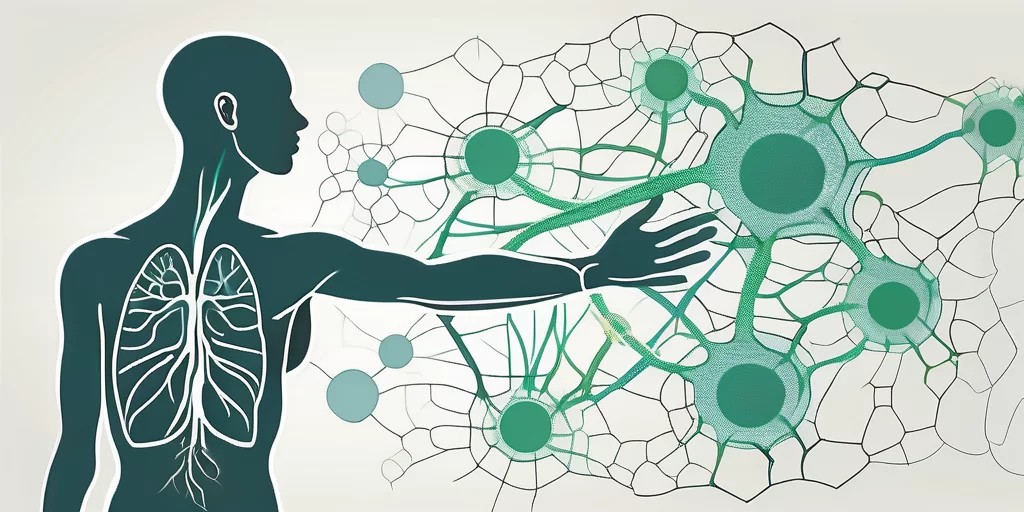Understanding Allergies in Florida: Causes, Symptoms, and Management

Living in Florida has its perks: beautiful beaches, sunny weather, and a diverse natural landscape. However, many residents also face challenges due to allergies in Florida. The state’s unique climate and vegetation contribute to various allergens that can affect individuals’ health and well-being. This article will explore common allergens found in Florida, the symptoms they cause, and effective strategies for managing allergies. Additionally, we will highlight the importance of specialized services, such as those offered by Kratz Allergy, in helping individuals cope with their allergy symptoms.
Common Allergens in Florida
Florida’s warm and humid climate creates an environment conducive to many allergens. Here are some of the most prevalent allergens residents may encounter:
Pollen
One of the primary sources of allergies in Florida is pollen from trees, grasses, and weeds. The state is home to various plant species, including pine trees, oak trees, and ragweed, which release pollen into the air, especially during the spring and fall seasons. Pollen can travel long distances, making it difficult for individuals to avoid exposure.
Mold
Mold thrives in humid environments, and Florida’s climate provides ideal conditions for its growth. Mold spores can be found indoors and outdoors, particularly in damp areas like bathrooms, basements, and around stagnant water. Exposure to mold can trigger allergic reactions in sensitive individuals, leading to symptoms such as sneezing, coughing, and skin irritation.
Dust Mites
Dust mites are microscopic creatures that live in household dust, bedding, and upholstered furniture. Florida’s humidity can increase dust mite populations, exacerbating allergy symptoms for those sensitive to these common indoor allergens. Dust mites thrive in warm, humid environments, making proper cleaning and maintenance crucial for minimizing exposure.
Pet Dander
Many Florida residents have pets, and pet dander can be a significant allergen for those with sensitivities. Proteins found in skin flakes, urine, and saliva from animals like cats and dogs can trigger allergic reactions. Regular grooming and cleaning can help manage pet dander levels in the home.
Symptoms of Allergies
Allergies can manifest in various ways, and symptoms may vary from person to person. Common symptoms of allergies in Florida include:
Respiratory Symptoms
Many individuals experience respiratory issues due to allergens. Symptoms such as sneezing, runny or stuffy nose, itchy throat, and coughing are common. These symptoms can be particularly bothersome during peak pollen seasons or when mold counts are high.
Skin Reactions
Some allergens can cause skin reactions, including hives, eczema, or rashes. Exposure to pollen, pet dander, or certain molds can lead to itchy, inflamed skin, making daily activities uncomfortable.
Eye Irritation
Allergic conjunctivitis is another common reaction, characterized by red, itchy, and watery eyes. Pollen and dust mites are frequent triggers, and many individuals find relief with antihistamine eye drops or other treatments.
Fatigue and Headaches
Allergies can also lead to fatigue and headaches due to the body’s immune response to allergens. Chronic inflammation caused by prolonged exposure to allergens can result in fatigue and overall malaise.
Managing Allergies in Florida
Managing allergies effectively is crucial for maintaining a high quality of life. Here are several strategies to consider for individuals suffering from allergies in Florida:
Avoiding Allergens
The first step in managing allergies is identifying and avoiding allergens. Monitoring local pollen counts through weather reports and staying indoors during peak pollen times can help reduce exposure. Keeping windows closed and using air conditioning can also minimize pollen and mold entry into the home.
Regular Cleaning
Regular cleaning can help reduce indoor allergens such as dust mites, mold, and pet dander. Consider implementing the following cleaning practices:
- Use a vacuum with a HEPA filter to capture dust and allergens.
- Wash bedding and curtains in hot water weekly to eliminate dust mites.
- Regularly clean and declutter the home to reduce dust accumulation.
- Use a dehumidifier in humid areas to minimize mold growth.
Allergy Medications
Over-the-counter allergy medications, such as antihistamines, decongestants, and nasal corticosteroids, can provide relief from allergy symptoms. For individuals with more severe allergies, prescription medications may be necessary. It’s important to consult with a healthcare provider to determine the most effective medication for your specific symptoms.
Allergy Testing
For individuals struggling to identify their specific allergens, allergy testing can be beneficial. An allergist can conduct tests to pinpoint specific triggers, allowing for more targeted management strategies. This process can help individuals avoid unnecessary allergens and reduce exposure to irritants.
The Role of Professional Allergy Services
For individuals experiencing persistent or severe allergies, seeking professional help can be essential. Specialized allergy services, like those provided by Kratz Allergy, offer comprehensive evaluation and management of allergies. Here’s how these services can make a difference:
Comprehensive Allergy Assessments
Professional allergy services provide thorough assessments, including detailed medical histories and diagnostic tests, to identify specific allergens affecting patients. This information can help tailor a management plan that addresses individual needs.
Allergy Immunotherapy
For individuals with severe allergies, immunotherapy may be a recommended treatment option. This approach involves gradually exposing individuals to small amounts of allergens to build tolerance over time. Allergy shots or sublingual tablets can help reduce sensitivity and provide long-term relief from symptoms.
Ongoing Support and Education
Allergy specialists provide ongoing support and education to help patients manage their allergies effectively. This includes guidance on avoiding allergens, understanding medication options, and recognizing when to seek further medical attention.
Personalized Management Plans
Every individual’s allergies are unique, and professional services can develop personalized management plans that address specific symptoms and triggers. This tailored approach can significantly improve a patient’s quality of life by reducing allergy symptoms and enhancing daily functioning.
Conclusion
Allergies in Florida are a significant concern for many residents due to the state’s unique climate and diverse array of allergens. Understanding common allergens, recognizing symptoms, and implementing effective management strategies are essential for maintaining a healthy lifestyle.
For those struggling with persistent allergy issues, seeking professional allergy services, such as those offered by Kratz Allergy, can provide valuable support and tailored solutions. With the right resources and management strategies, individuals can find relief from their allergy symptoms and enjoy all that Florida has to offer.






